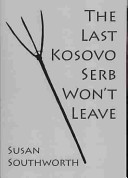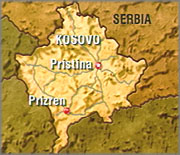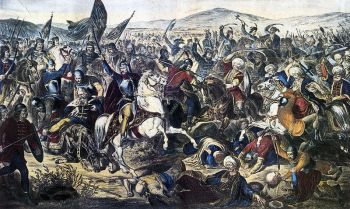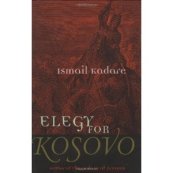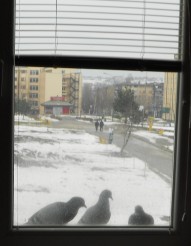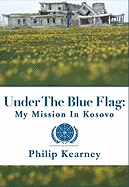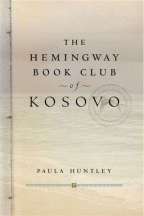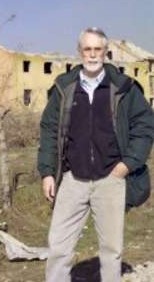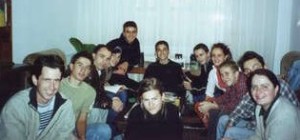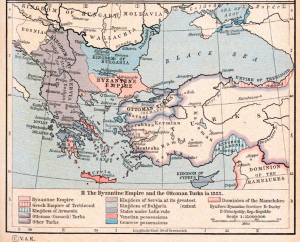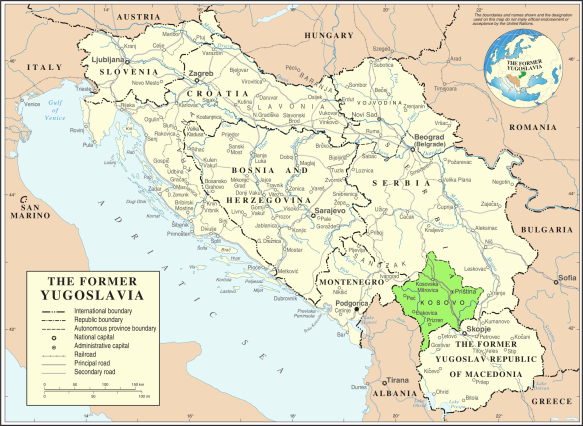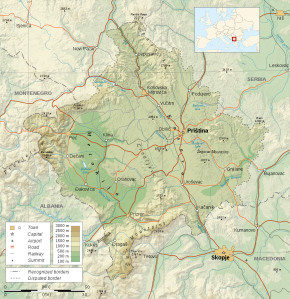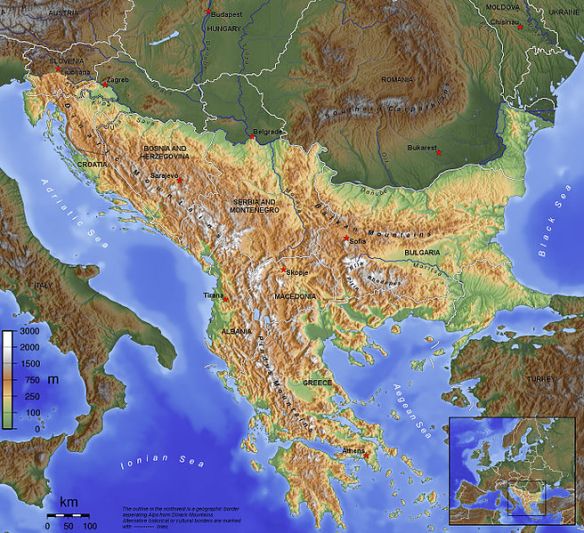June 2, 2012 (cont.)

Artist: Alida Rosie Sayer. Second part of Slaughterhouse-Five: Type and Form project, a hung piece made from 78 layers of hand-cut letterpress prints, April-June 2009. (Source: Alida Rosie Sayer blog, used with permission)
We then took up chapters two and three, where Vonnegut introduces his main character, Billy Pilgrim, through whom Vonnegut does his ‘looking back’ throughout the rest of the novel, but that looking back, I noted, violates chronological order because Billy has “come unstuck in time” (p. 29). “What do you make of Billy’s time-travels,” I asked, “and of his abduction by Tralfamadorians? Do you see Billy as deranged, driven mad by the absurd violence that punctuates his life, beginning with his experience as a prisoner of war and as a witness of the fire-bombing of Dresden and ending with the plane crash in 1968 that kills everyone but Billy?” My question quickly generated evidence for such a view, evidence focused primarily on the cartoonish goofiness of the Tralfamadorian aliens, described as “two feet high, and green, and shaped like plumber’s friends,” and on Billy’s equally improbable union with movie-star Montana Wildhack, with whom he starts a family inside their glass bubble on Tralfamadore (p. 32). We noted, too, the reference to shock-treatments some veterans, including Billy, received after the war, suggesting that those driven mad by the war needed to be numbed and pacified so that they might re-enter society as seemingly normal (p. 30). While commending such close reading, I suggested, too, that they remain open to competing interpretations of Billy’s insanity, particularly given the striking similarity between Billy’s time-travel, which allows him to see “his birth and his death many times,” to the Buddhist idea that our notions of time are illusory, that all moments occur simultaneously (p. 29), or, as Billy learns on Tralfamadore, that “all moments, past, present, and future, always have existed, always will exist” (p. 34). Persuaded of the truth of this perspective on experience, I continued, when Billy tries to teach others about the simultaneity of every moment, he sees himself as a good postmodern optometrist, “prescribing corrective lenses for Earthling souls” (p. 36).
Offering to serve as scribe at the board, I then asked the students to list, focusing on chapters two and three, precisely what we see of the war through Billy’s corrective lenses. Their listing kept me busy at the board:
- Billy’s suffering as a front-line survivor: no helmet, no boots, feeling “cold, hungry, embarrassed, incompetent,” a “filthy flamingo” who saw “no important differences…between walking and standing still” (pp. 40-43)
- Roland Weary, another child but a warped, sadistic one, who mocks Billy and torments him with talk of his brass knuckles and the blood-gutter on his ten-inch knife (pp. 44-47)
- After their capture, Weary’s feet shredded by forced march in clogs (p. 70), splattered with “snot and blutwurst and tobacco juice” coming from a drunken German soldier (p. 82)
- The crazed patriot colonel, “Wild Bob,” whose “lungs rattled like greasy paper bags” (pp. 84-85)
- The grossly over-crowded, poorly ventilated, freezing train cars used to transport Billy, Weary, Wild Bob, and other prisoners to work camps (p. 90)
“Do you see Billy’s time-travel, then, as a way to escape an absurd, intolerable reality?” I asked. In response, students found some evidence for this view: Billy’s travel to his successful optometry practice (p. 73), Billy riding in his Cadillac El Dorado (p. 72), his election as president of the Lions Club (p. 63). “But does other evidence,” I asked, “undercut this view of time-travel as pleasurable escapism?” Just as quickly, this question generated evidence of Billy traveling from the war to other horrible moments: his father throwing little Billy in the pool and telling him to “damn well swim” or sink (p. 55), his mother’s demented confusion (p. 56), the execution of Private Slovik (p. 57), the plane crash (p. 31).

Artist: Wiley Smith. Digital media collage, July 6, 2007. (Source: http://www.teachmix.com/litstudio128/)
All this suffering before, during, and after the war, I noted, makes Billy question his own stability, the condition of “his mind in general,” for he “tried to remember how old he was, couldn’t. He tried to remember what year it was. He couldn’t remember that, either” (p. 71). “But do you see any evidence of sanity in Billy’s responses to the absurdity and violence that inform most of his moments?” I asked. Silence followed. I tried again: “What do we often see Billy doing, even in moments of comfort and prosperity?” Blerta responded, saying that she finds sanity in these key quotations: “Every so often, for no apparent reason, Billy Pilgrim would find himself weeping….Sleep would not come. Tears came instead” (pp. 78, 79). Praising her insight, I asked the class if they could think of a more reasonable response to the horrors that Vonnegut has forced us to see.
With the period ending, I asked the class to complete the novel for the next session. I also asked them to choose one of the overlapping subjects I had written on the board and to write a substantial journal reflection, at least one page, focusing on chapters 4-9:
- Further evidence of the horrors and absurdities of war
- The decadence of twentieth-century culture
- Further evidence of Billy’s insanity/sanity
- Reasons for Faulknerian hope

